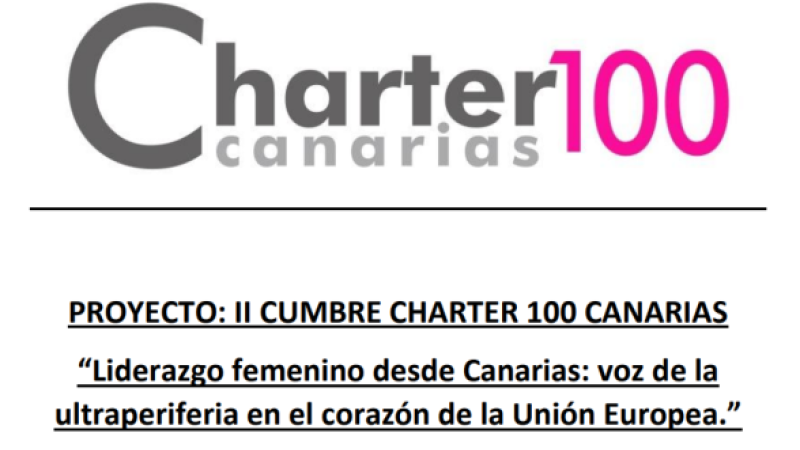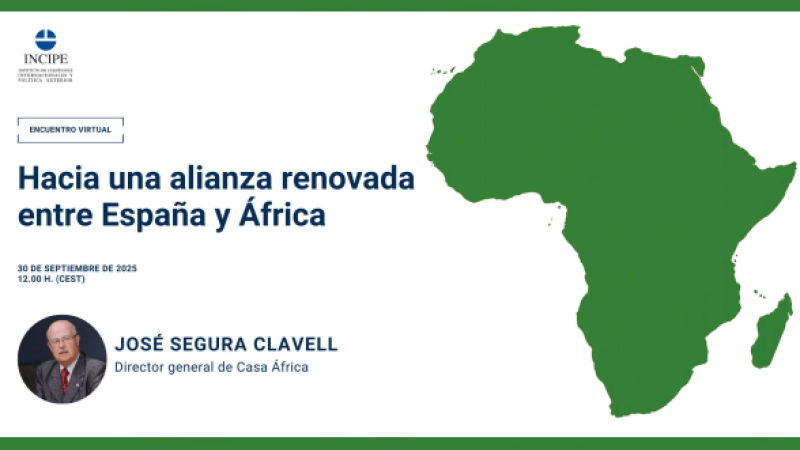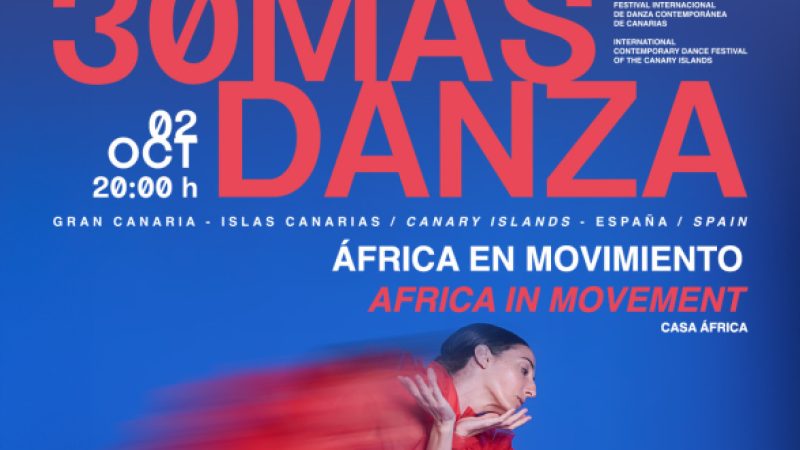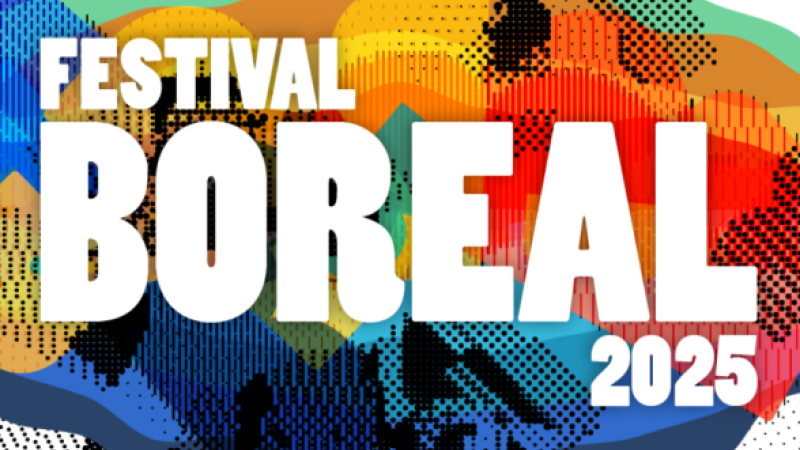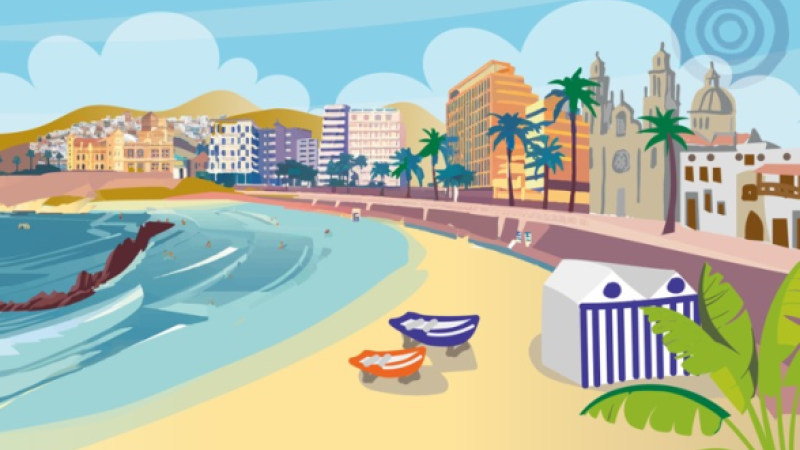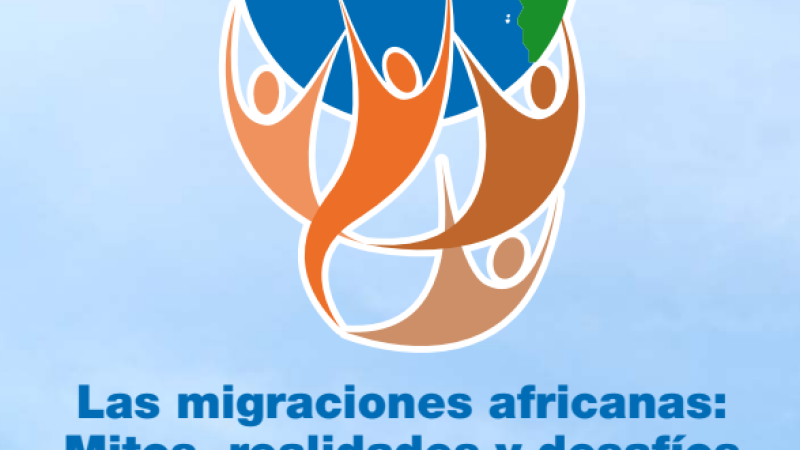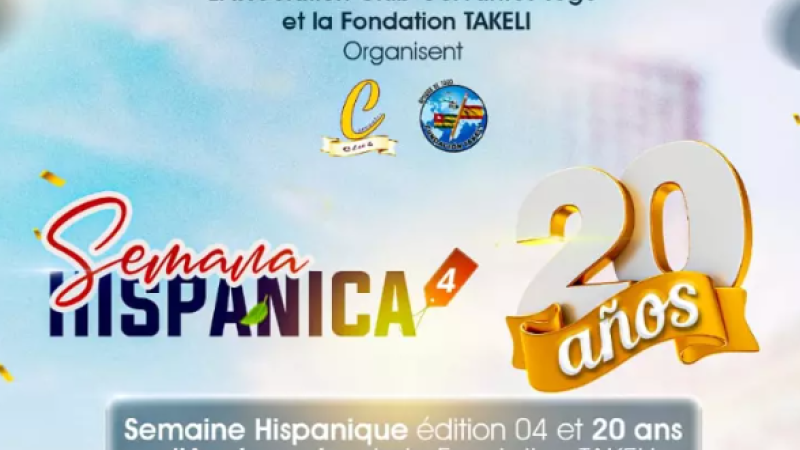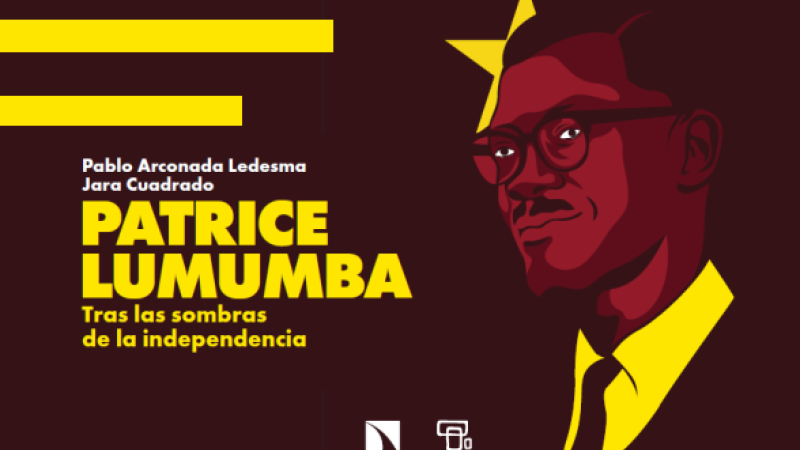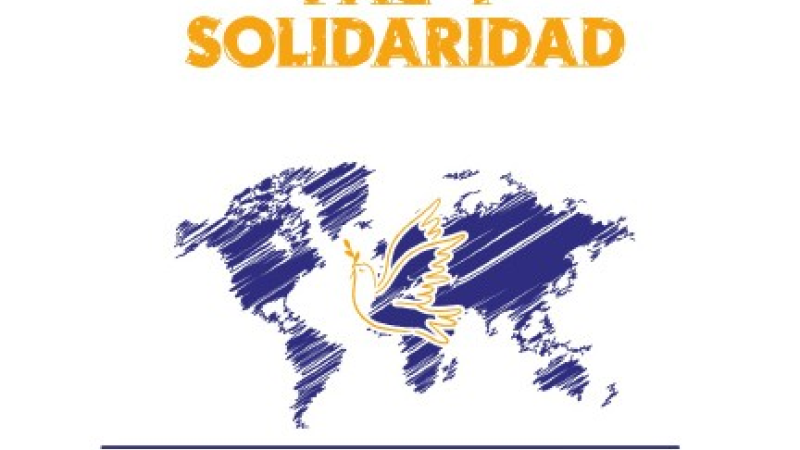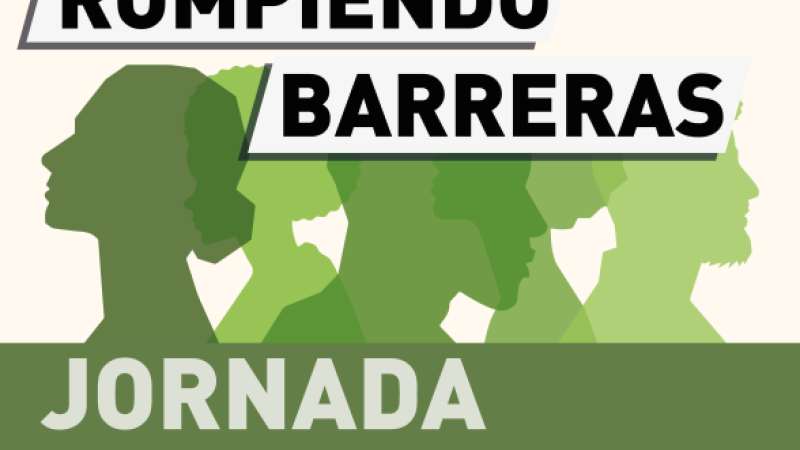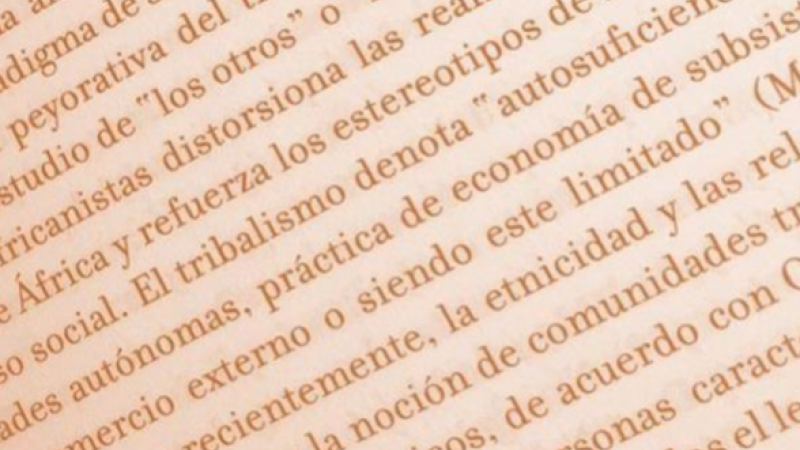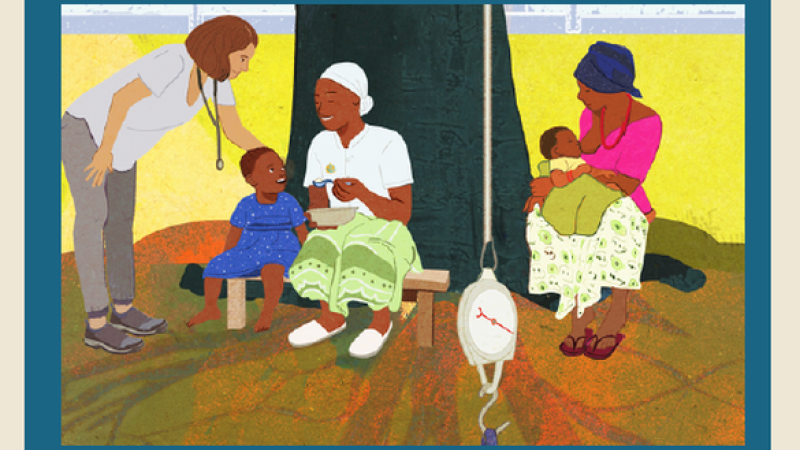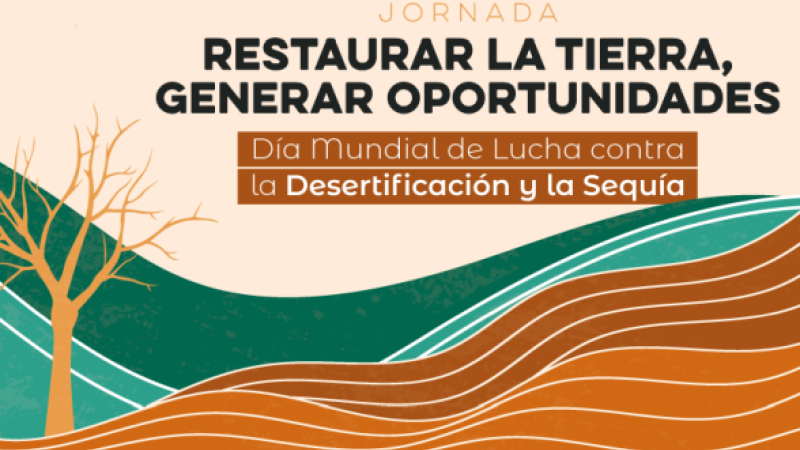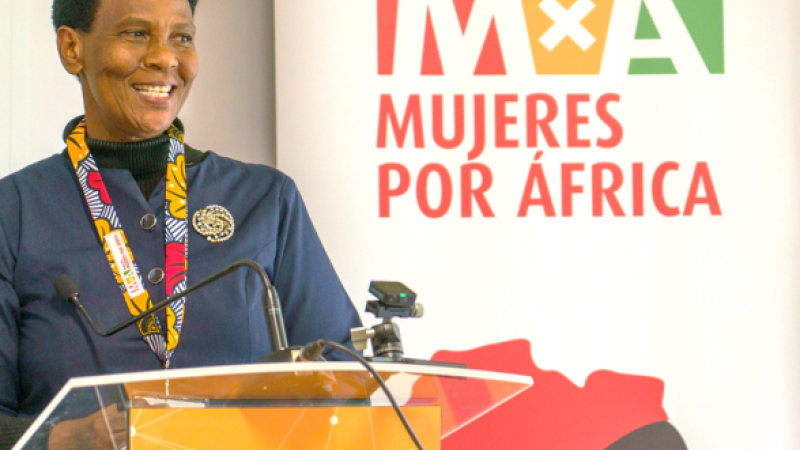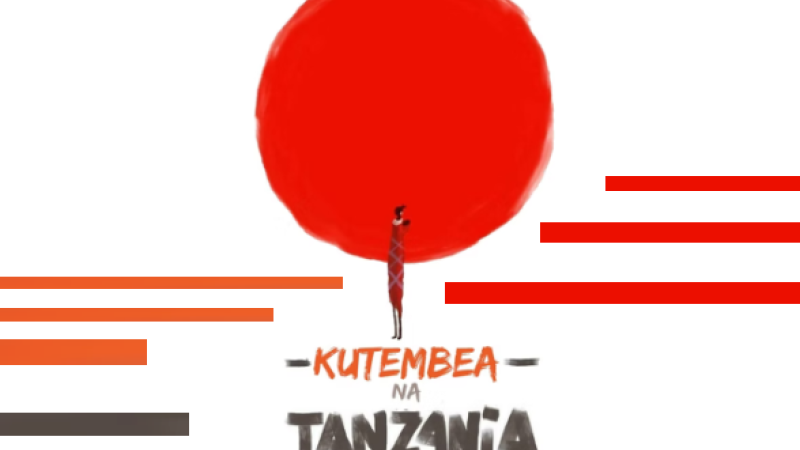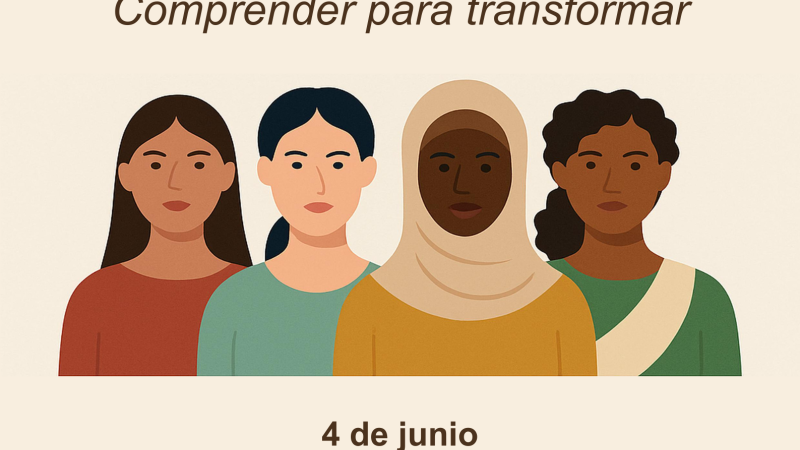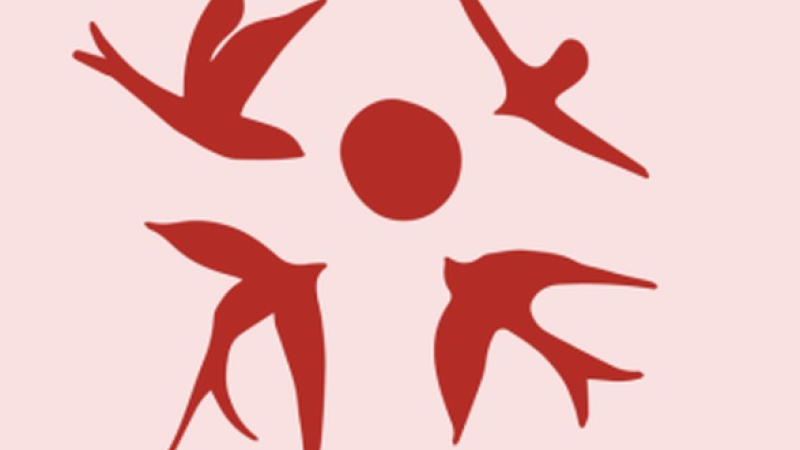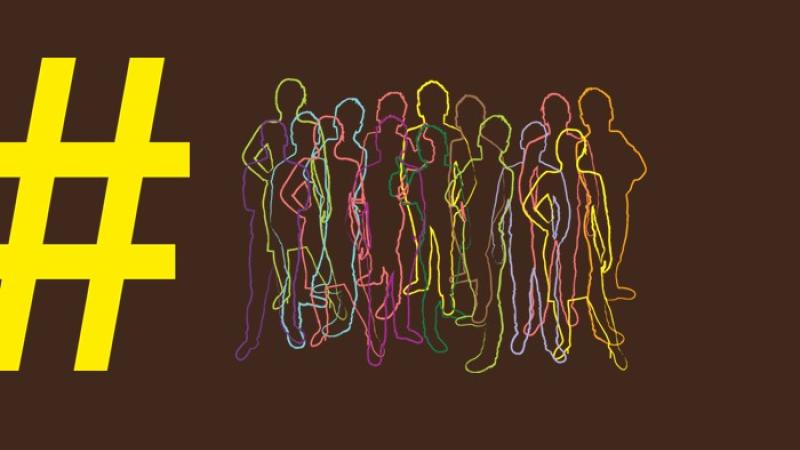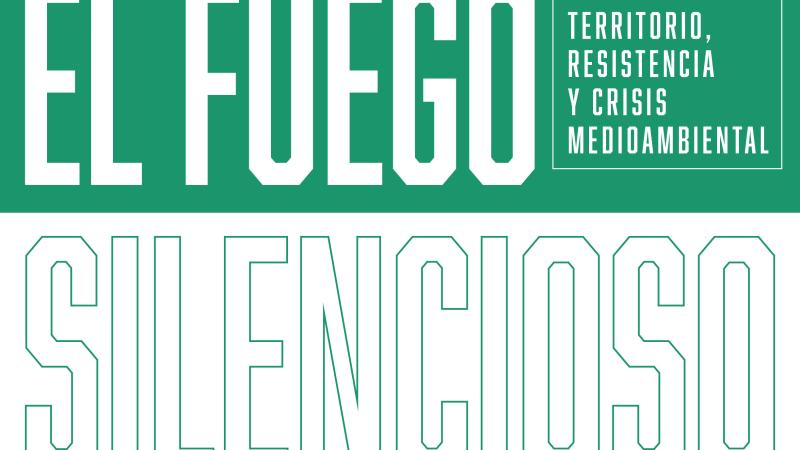Status message
In development mode.Error message
III Ciclo de Cine Africano
The El Pájaro Azul Foundation manages public and private funds oriented at fulfilling projects in developing countries that comply with the Foundation's aims, which are, among others, to encourage, promote and collaborate in all initiatives and projects that have as their aim to create suitable conditions for people's development. Its projects are mainly aimed at Sub Saharan Africa. They have worked with Benin, Angola and Cameroon, but the country they focus on is the Democratic Republic of Congo. The majority of its projects are there.
This foundation now organises what will be its 3rd African Film Cycle, an exhibition to bring realities from Africa nearer from the perspective of their protagonists. It will be held at Philharmonic Theatre of Oviedo on 12th, 13th and 14th March 2013 at 8 p.m. The entrance fee is 1 € and the takings will be entirely destined for the children's centre of "Bana ya Poveda" street in Kinshasa (Democratic Republic of Congo).
Two of the films that make up this cycle are (Tey and Mama Africa) come to Oviedo by the hand of Casa África, which amongst its objectives is that of making known film production from the African continent in Spain.
Mama Africa is a tribute to the legendary South African singer and activist Miriam Makeba, awarded a Grammy and affectionately known by her fans as 'Mama Africa'. The film runs through five decades with archive pictures, interviews and fragments of concerts that enthused millions of people and thrilled musicians cast in the mould of Harry Belafonte, Hugh Massekela and Paul Simon. Mama Africa captures the most significant moments of the life of Miriam Makeba, from her political commitments, through her marriages, up to, of course, her music.
Tey in turn brings us to Satché's last day of life. He knows that it is so despite being strong and having good health. Satché accepts the imminent arrival of death. He travels through the streets of his city, he goes over strategic places that marked his life: his parents' house, his first love, his friends in his youth... It is a way for the exiled person to once again meet up with his origins when he returns to his country.
